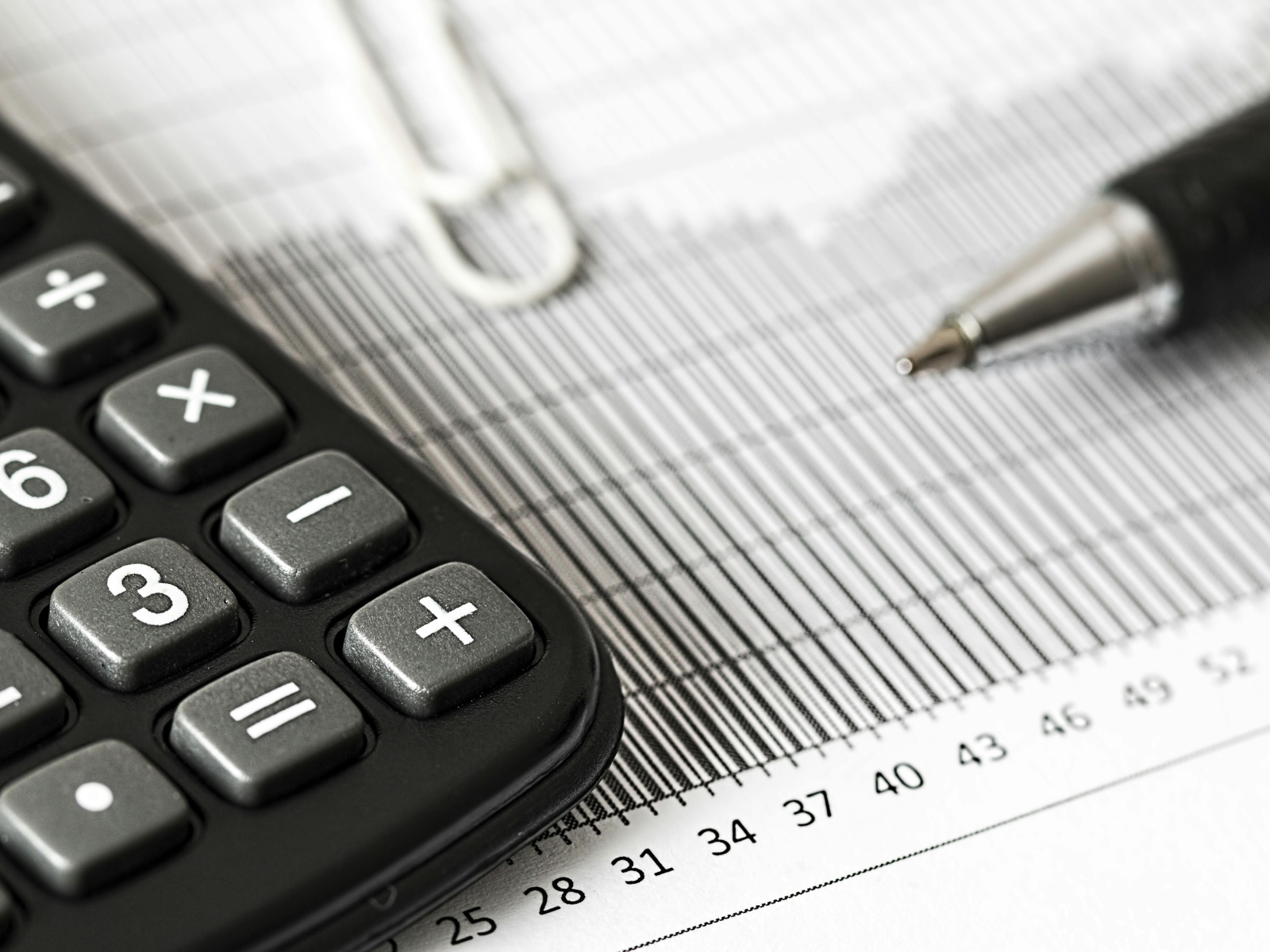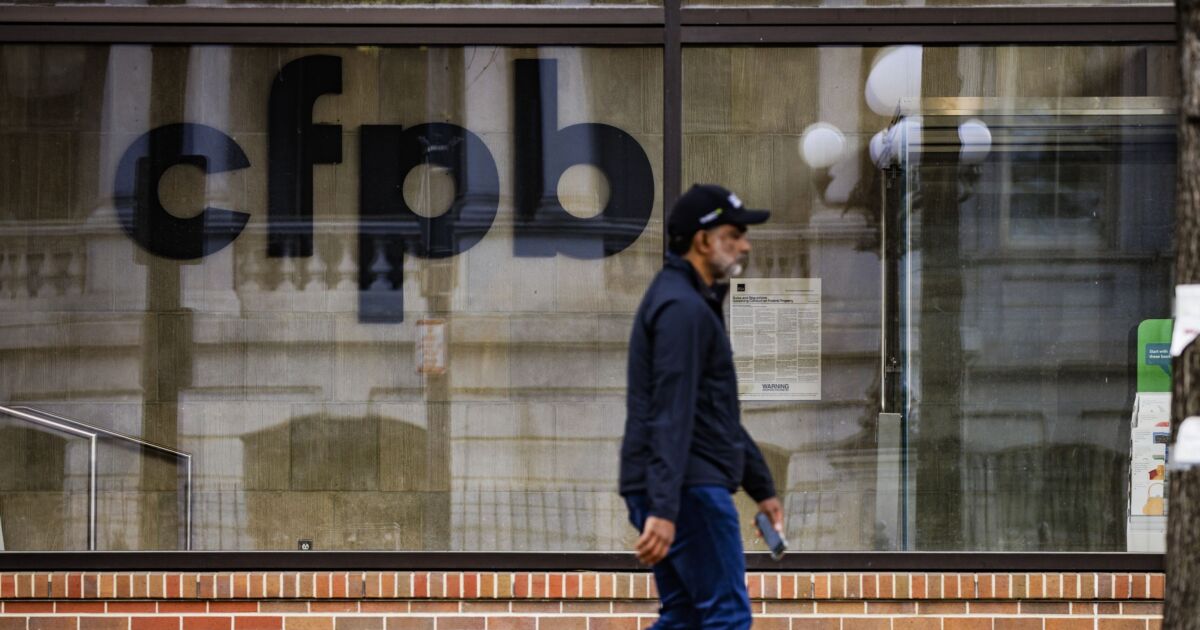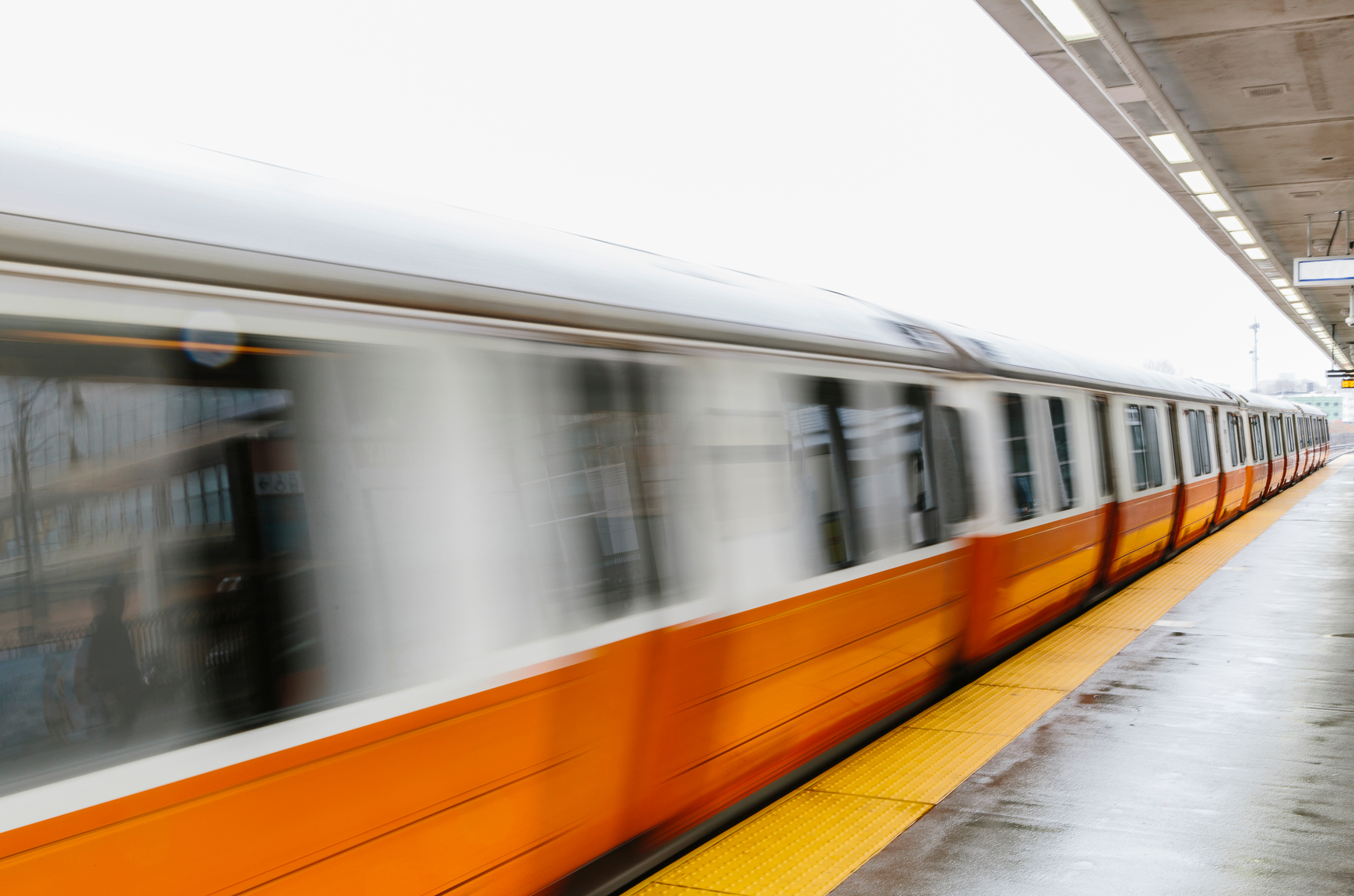As the season changes, a new budget has been announced by the government. Despite rumours of a Capital Gains Tax (CGT) increase for second homeowners, on the 30th of October 2024, Chancellor Rachel Reeves declared that the rate for CGT on residential properties will not change.
The Capital Gains Tax rates for residential properties will remain at the current rate of 24% and 18% for the respective higher and lower tax brackets, which is positive news for many second homeowners and landlords.
In this blog, we’ll explain the concept of CGT and how this tax might affect you as a second homeowner or landlord.
What is Capital Gains Tax and will you need to pay it?
Capital Gains Tax is usually paid when you sell an asset that has increased in value since the time you purchased it. On UK residential properties, this should be reported and paid within 60 days of the sale’s completion.
As an example of when CGT would apply; if you sell your second home (deemed not to be your primary residence), the profit you make from the sale will generally be subject to CGT. The same would apply to buy-to-let properties being sold that have increased in value.
It’s important to note that you will only pay this tax on the ‘gains’ made from the sale, not the total sale value – and even then you’ll only pay tax on the level of profit which exceeds your CGT allowance.
Some good news is that CGT doesn’t apply to ‘gifted’ properties.
What is the CGT allowance for 2024?
The CGT allowance is the maximum amount of money that you can earn in ‘gains’ before it’s subject to tax. In the 2023/24 tax year, the CGT allowance was £6,000 (a considerable drop from the 2022/23 allowance of £12,000) but it is now set to drop again by half to £3,000 in 2024/25, meaning you won’t have a huge amount to play with before CGT will come into effect.
However, for couples who co-own assets, allowances can be combined for the year, meaning that if you jointly own a second property and then decide to sell it, you can make £6,000 tax-free profit before CGT is applied.
It’s worth noting if you haven’t used all or any of your CGT allowances during the year, you won’t be able to carry this over to subsequent years – it’s very much a case of use it or lose it!
How can you reduce your Capital Gains Tax bill?
If you own a second home or buy-to-let property and are keen to sell, you may be worried about the amount of Capital Gains Tax you’re likely to pay. And though these bills are largely unavoidable, there are ways you can look to lessen your CGT sum:
- As mentioned above, things can be different when you share assets with your partner. You could look to co-own your property with your spouse or civil partner to double your allowance.
- If your partner is in the lower tax bracket, you might also want to consider putting all or part of the property into their name so the CGT bill would be subject to the lower rate of 18%.
- Stamp duty, conveyancing fees and estate agent’s fees can be deducted from your bill. You can’t deduct all upkeep fees for your home but something like a kitchen extension could be taken into consideration when calculating your taxable gain.
- You can also offset losses you may have made when selling other properties. This would work well for someone who owns multiple properties and has made a profit on one but a loss on another. But it’s best to discuss this with your financial adviser.
- When you sell an asset can also be an important factor. If you have used up your allowance for one tax year, hold off on any more sales (if you can) until the next when your allowance renews.
- There’s also letting relief to consider. When you live in your home but also have tenants living there, letting relief could reduce your bill.
Do the CGT changes affect second homeowners?
In the run-up to the Autumn Budget, the rumours around CGT rises made many second homeowners concerned for the future of their properties with some rushing to sell up ahead of any tax increases.
However, with the CGT for residential properties confirmed to remain the same, second homeowners no longer need to fear a hiked CGT bill and can take the time to decide how they’d like to proceed with their properties.
If you’re still undecided on what to do next with your second home, you might want to consider how much ongoing tax you’ll pay while keeping the property vs your CGT bill for its sale.
We’ve provided some simple money-saving methods that could help you keep down the costs of your second home while you decide what to do next.
Making the property more energy-efficient
For any home, wasting energy is also wasting money, as well as being bad for the environment. To avoid this, consider:
- Investing in renewable energy sources for your property. Examples of this are solar energy, geothermal energy, and using heat pumps.
- Purchasing water-saving toilets and/or shower heads. These can be fairly inexpensive and will save you money on energy and water.
- Switching to LED lighting in as many rooms as possible. This can be for internal and external light fittings and lamps.
- Upgrading from single-glazed windows to double-glazed in older properties.
- If the property is a holiday home for family or you rent it out, encourage your guests to be more energy-aware while they stay.
- Making sure your second home is properly insulated and draught-proofed to avoid losing heat.
- Moving furniture away from radiators to help heat travel efficiently throughout the home.
- Changing your HVAC system to a more energy-efficient model.
- Look for new appliances with high energy efficiency ratings.
Maximise let income to offset costs
Renting out an additional property you own as a holiday home is a great way to make money, and some small tweaks to your let agreements could open you up to even more bookings.
You could enhance your income potential by allowing pets in the home to open the property up to a wider audience, or you could accept guests for shorter breaks to help fill the gaps in your booking calendar.
It’s also worth looking at promotional elements like seasonal/peak pricing and marketing output to see if there are ways to make your property appear more attractive on booking sites and social media.
Insuring your second home
As a responsible second homeowner, you’ll want the right insurance and this is where Adrian Flux can help you. We offer specialist household insurance for second homes as well as holiday home and unoccupied home insurance policies.
Call us on 0800 369 8590 for a quote or book a callback at a time that suits you.
Publisher: Source link











